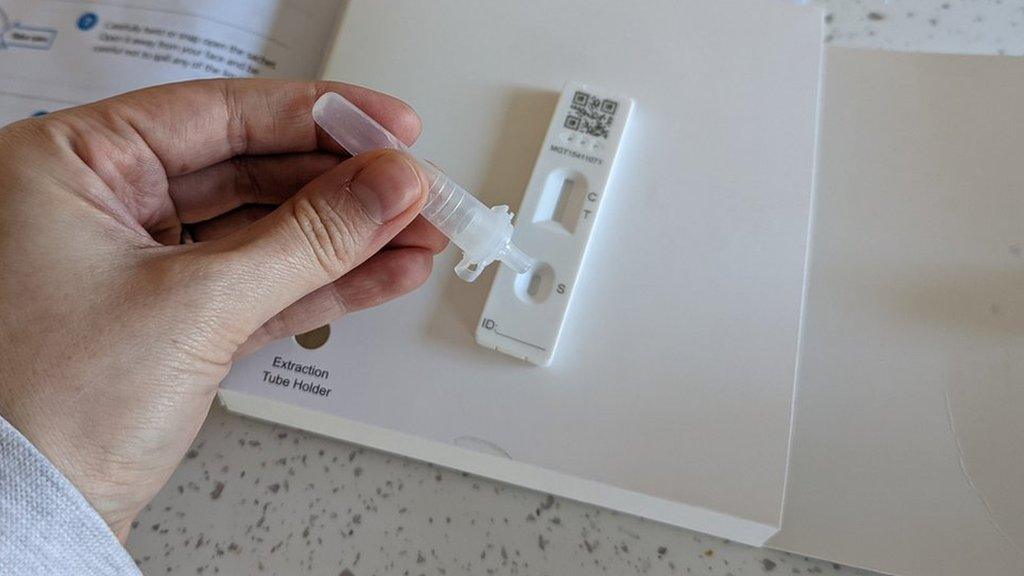Increase in number of people living with HIV in Guernsey
- Published
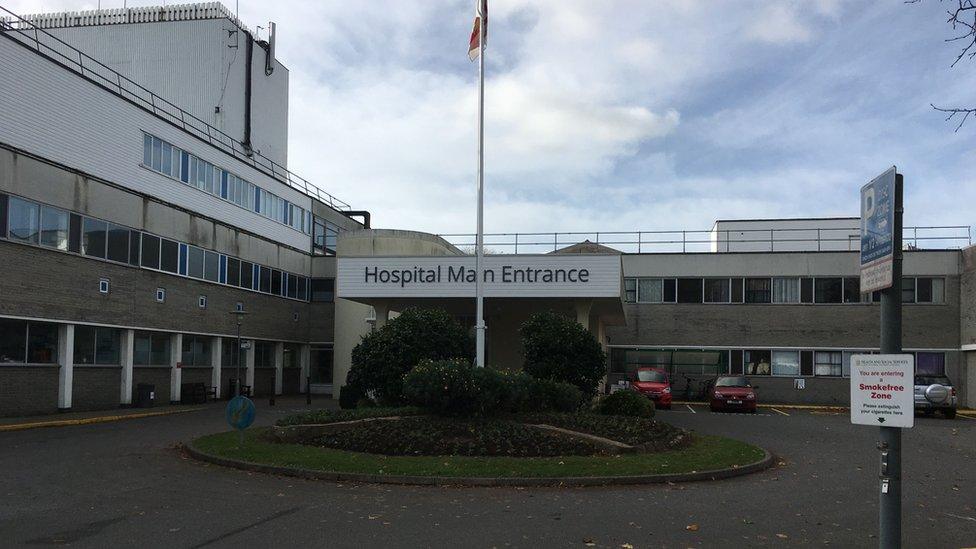
The rates of sexually transmitted infections remain low compared to England, the public health director said
The number of people living with HIV in Guernsey has increased to more than 50.
As of March 2023, 53 people with the virus were under the care of the Orchard Centre, the sexual health clinic at the Princess Elizabeth Hospital.
The figure, up from 50 in 2022 and 47 in 2021, was among topics discussed at a sexual health conference.
The Government of Guernsey said sexually transmitted infection rates were "low" when compared with the UK.
These included syphilis, chlamydia and gonorrhoea.
Dr Nicola Brink, director of public health, said it was a challenge providing "safe, effective and equal" HIV services in a "geographically remote" location.
She said testing and early diagnosis was key for effective treatment and curbing transmission.
She added: "Monitoring local trends in all sexually transmitted infections, and responding to changing needs, enables us to flex our services accordingly."
She said "other pillars of good sexual health" included promoting "healthy and resilient relationships" and the "prevention of sexual violence".
Dr Brink said there had been a "post-pandemic increase" in infections.
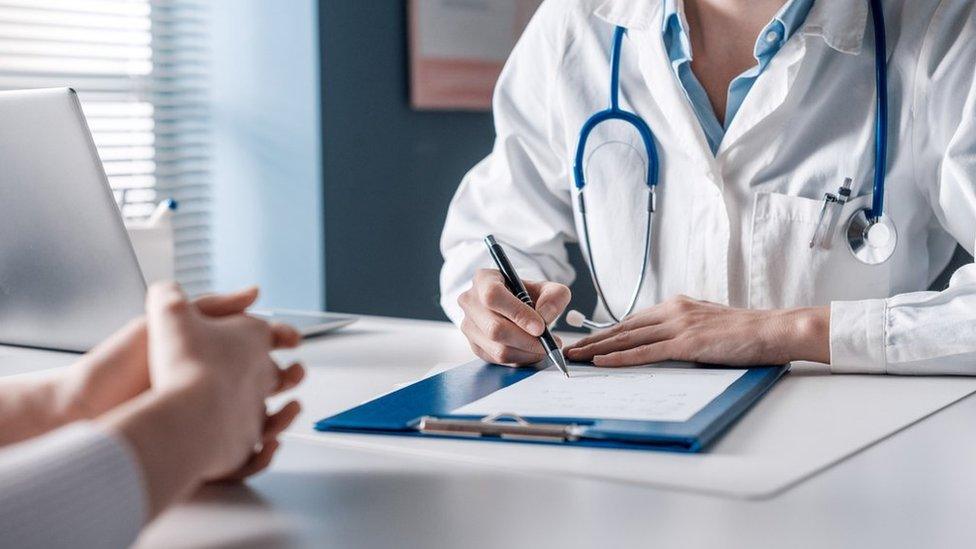
The number of people living with HIV has increased from 50 to 53
Meanwhile, under-18 conceptions were at 4.3 per thousand, which makes Guernsey's the lowest rate in the British Isles, Dr Brink added.
She said the sexual health programme on the island was "very successful", adding: "We must give credit to our key partner Choices because they provide most of the services."
Fiona Hardy, manager of Choices and co-organiser of the conference said: "This half day conference was an excellent opportunity to provide updates on developments in our areas of work."

Follow BBC Guernsey on Twitter, external and Facebook, external. Send your story ideas to channel.islands@bbc.co.uk, external.
Related topics
- Published30 January 2023
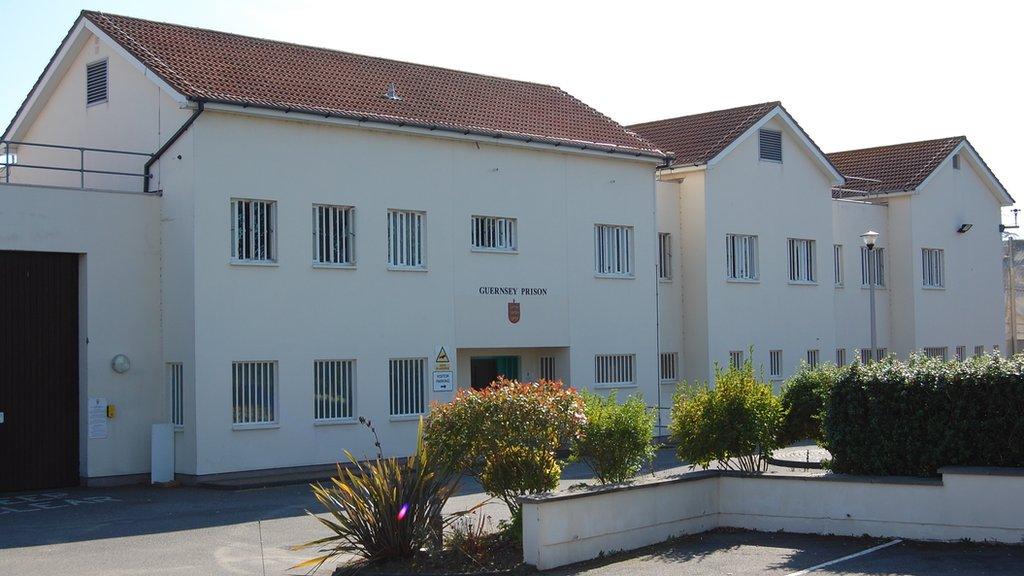
- Published5 March 2023
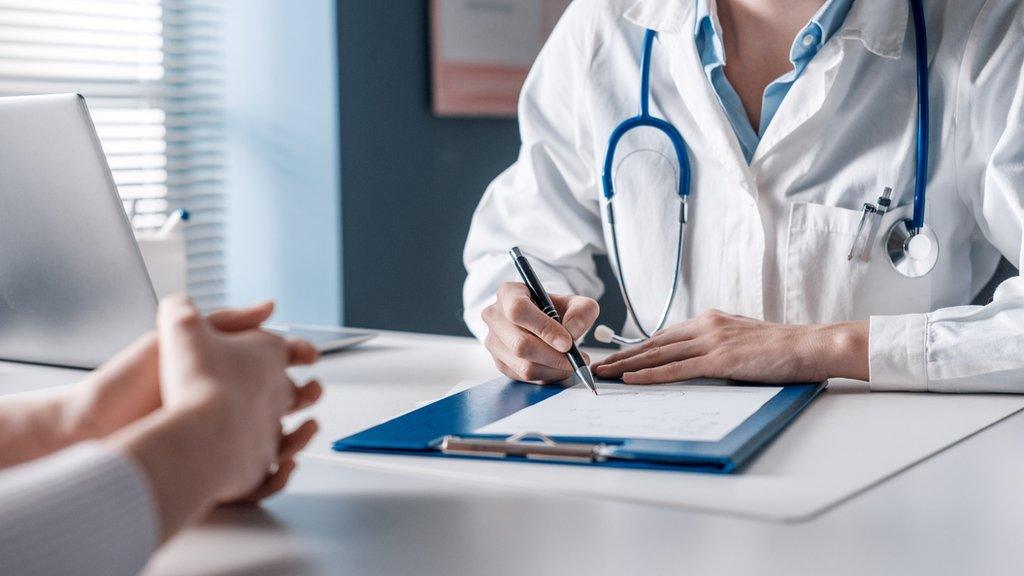
- Published3 April 2023
